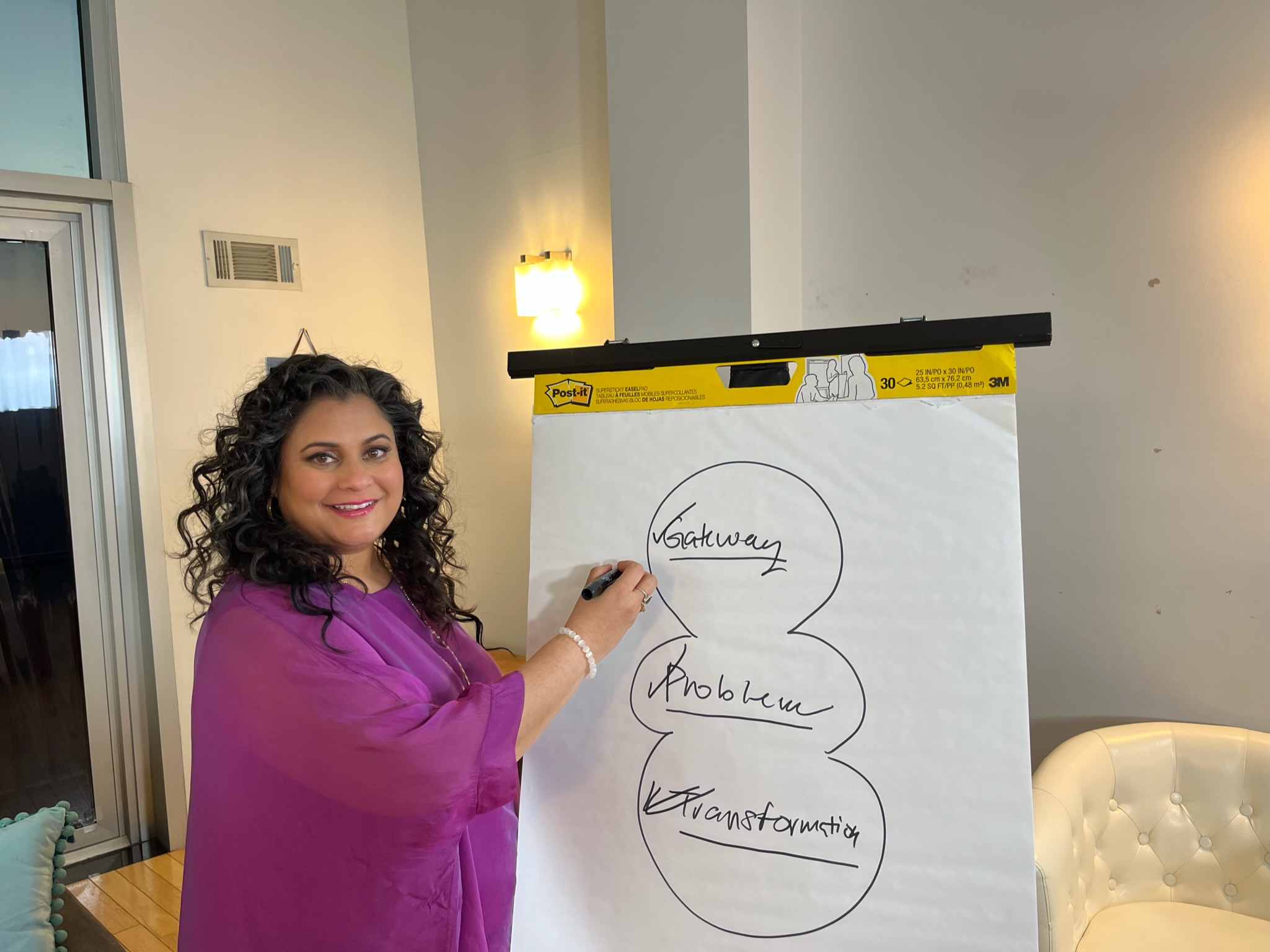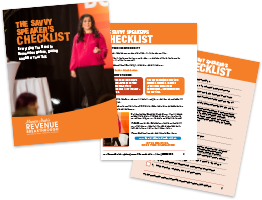The Stories That We Tell
The other day one of my best friends, Ashley, called. She hadn’t called in months. The first question she asked was some advice for one of her daughters. I answered the question immediately, as I adore her kids — but I got off the phone feeling upset and uneasy about the whole thing. I heard myself start to make a decision about the matter: “Ashley only calls me when she really needs something from me. She must not like me that much. Well, I’m not going to call her back because she obviously doesn’t want to chat with me about my life.”
Then I caught myself in the story/decision process.
Here’s how that works:
Something happened in my life. I didn’t like the way it happened. Then I made up a story about why it happened, a story based on this assumption: Ashley doesn’t care about me. I made a decision: I’m not going to call her. I didn’t talk to Ashley about that assumption or the decision that I made.
Many women entrepreneurs do this story/decision process all the time! And we do it because we don’t have the skills to talk things out in the moment or ask for what we need. I could have said something like, “Hey it’s great to hear from you — I’ve really missed you over the past couple of months — I’d like to chat more often.” Or even more courageous, “Hey, I want to help — but can we talk about me afterwards?”
We do this all the time in our businesses. Say you put out a product and only a few people buy. You assume the product was terrible — then you tell that story to yourself over and over again in your head. You decide that you can’t launch products anymore and you stop planning new products (maybe you even start to look for a day job). Maybe you decide you will never earn more than you are now. Was that the truth? Maybe. Maybe not. Maybe your email list just wasn’t big enough. Maybe it wasn’t the right time. Maybe the copy on the sales page wasn’t very inviting. But you’ll never know if you don’t communicate with someone who knows more than you do and keep trying.
The key here is to catch yourself when you make daily stories and decisions in your business (or in your personal life). Especially when it comes to responding to disappointments and crises.
Instead follow these three steps:
- Ask yourself what stories you are telling yourself.
- Decide to have a conversation with someone about those stories. Or write down what actually happened in detail without judgement or bias, so you can see it on paper.
- Make a decision about what you are going to do next, based on what actually happened — not on what you assumed happened.
We’d love the opportunity to support you and provide you with great resources to continue on your path to success. Join our Facebook group to get more tips and support.








